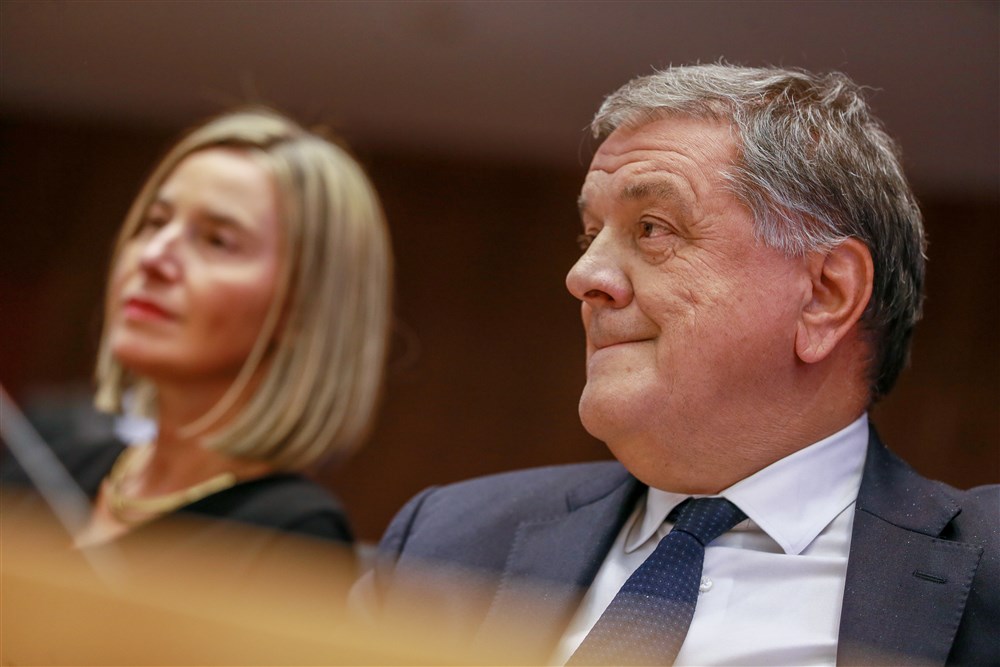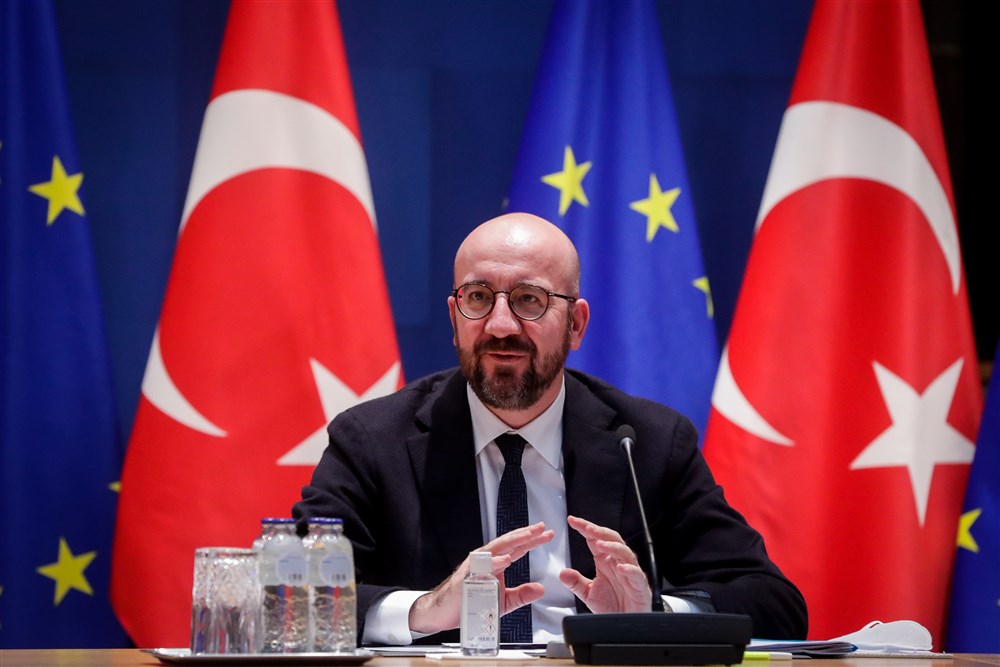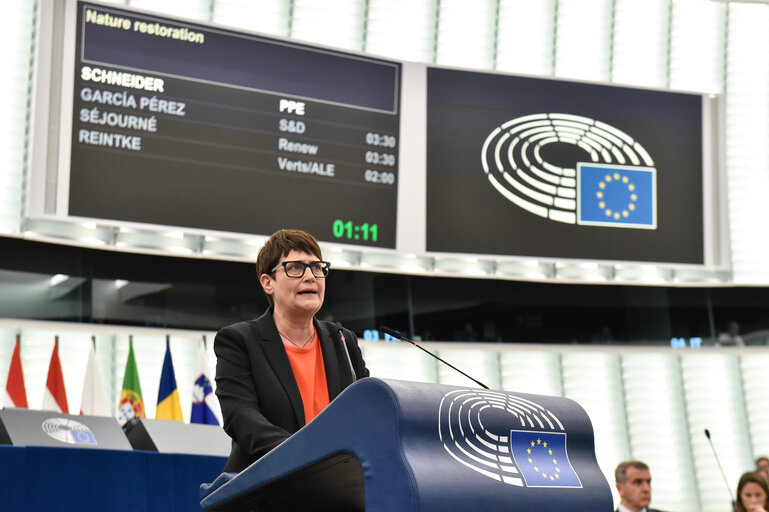The Right and the Left joined forces on July 11 to lambast the European Parliament’s Covid-19 report.
The document, which has taken over a year to compile, will be put to a vote on July 12.
The pre-vote debate on July 11 showed an interesting split in opinions between the centrists on one hand and the Left and Right wings on the other.
The review of the European Union’s handling of the pandemic has been put together by the Parliament’s so-called COVI committee, yet it leaves a number of unanswered questions over the EU’s response to the emergency. For example, the report remains conspicuously silent on how the bloc procured its vaccines in contracts worth multiple billions of euros.
In addition, the report does not refer in any depth the lockdowns that followed the outbreak of the global virus, as previously covered by Brussels Signal.
Still, many representatives of the EU’s middle-ground political groups were supportive of the document as it stands, including the centre-left S&D Group, the Liberal Renew Group and the centre-right EPP.
But a heavy salvo of criticism opened up once Romanian MEP Cristian Terheș denounced it as a “whitewash” designed to blanket the “incompetence of the European Commission, and the [alleged] corruption of Ursula von der Leyen”.
Taking the floor on behalf of the national-Conservative ECR Group, Terheș cited the vaccine procurement deal where EC President von der Leyen negotiated on behalf of the 27 EU Member States with US drug-giant Pfizer’s CEO Albert Bourla.
The New York Times is already taking the EC to court over its refusal to release text exchanges regarding the matter between von der Leyen and Bourla.
In addition, the vaccine contract documents given to investigating MEPs were found to be almost totally blacked out.
Kateřina Konečná, of the Left Group, surprisingly found herself echoing the ECR. She criticised the report for having no mention of the pharmaceutical industry’s involvement. EU officials had avoided questions regarding the contracts with them.
From her view, she said the report represented “right-wing ideology” as “it caters to the needs of the pharmaceutical industry”.
The Greens also took that line of attack over the document. The party’s President Tilly Metz said that the text was slanted in the interests of vaccine makers and looked to justify “big-pharma” profits.
Virtually all those from the centrist groups urged their fellow MEPs to approve the report. The criticisms they had were relatively minor.
S&D speaker Alessandra Moretti said the EU could be “more ambitious” by recommending increased bloc-level money and infrastructure to prepare for future pandemics. The Spanish Renew speaker, meanwhile, called for less dependence on non-EU countries for medical supplies.
Terheș also pointed out that the report praised the EU-wide Covid travel certificate, even though he said it “violated the fundamental rights” of citizens.
Independent Italian MEP Francesca Donato said the certificate had given the vaccinated “a false sense of security” and that the lockdowns had caused “considerable economic damage, as well as many pointless and disproportionate limitations on peoples’ freedoms”.





